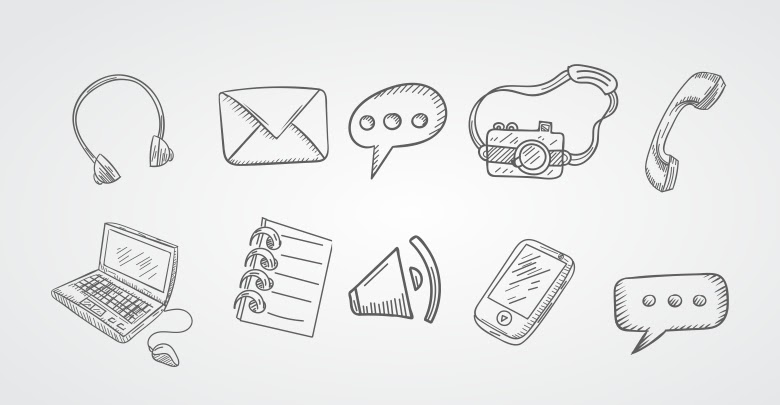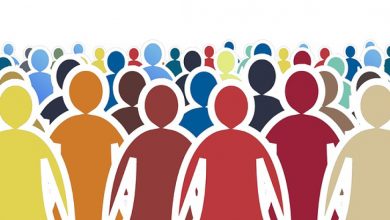How to choose the best tool for collecting information?

Introduction:
Many methodologies can be used for collecting data, even too many if we are not fully aware of the way we are going to use them.
Content:
| DIFFERENT METHODS OF COLLECTING INFORMATION | ||
| METHOD | ADVANTAGES | DISADVANTAGES |
| Surveys (Mail) | · Many people can be surveyed
· Not time-consuming · Relatively inexpensive · Everyone gets the same instrument · Objective interpretation |
· Difficult to get much detail
· Sometimes it is difficult to get correct addresses · Might be problems with interpreting questions · Sometimes is a problem to get the surveys completed and returned. |
| Surveys (Group- Administered) | · Many people can be surveyed
· Not time-consuming · Relatively inexpensive · Everyone gets the same instrument · Objective interpretation |
Might be problems with interpreting
questions · Difficult to get much detail |
| Surveys (Telephone) | · Possibility to ask for more detail when needed
· Everyone gets the same instrument |
· Sometimes is difficult reaching people
· Lack of anonymity |
| Interviews | · Researcher can perceive how people are interpreting
questions · Possibility to ask for more detail when needed · Provides detailed data |
· Time-consuming
· The duration can limit the sample size · Subjective interpretation · Can be expensive · Can be difficult to analyze |
| Focus Groups | · Researcher can perceive how people are interpreting
questions · Able to interview multiple people at one time, thus, more cost-effective · Responses from one person provide a stimulus for other people |
· Group setting may inhibit some individuals from providing information
· Sometimes hard to coordinate multiple schedules · Responses from one person provide a stimulus for other people |
| Observations | · Objective interpretation
· Low burden for people providing data |
· Time-consuming
· Some items are not observable · Can be expensive · Participant behavior may be affected by observer presence |
| Collection of Materials | · Objective interpretation
· Low burden for people providing data · Relatively inexpensive |
· Might not correspond to exactly what
researcher wants · Might be incomplete or require additional interpretation |
Different Methods of Collecting Information
Exercises:
How to apply it in everyday work]
In your training experience, do you agree with the above modeling? Did you find different advantages or disadvantages?
Reflection Questions:
- Shall I think about the possible advantages or disadvantages in my learning and training experience?
- Why I should focus on the advantages or disadvantages of preparing any training session?





